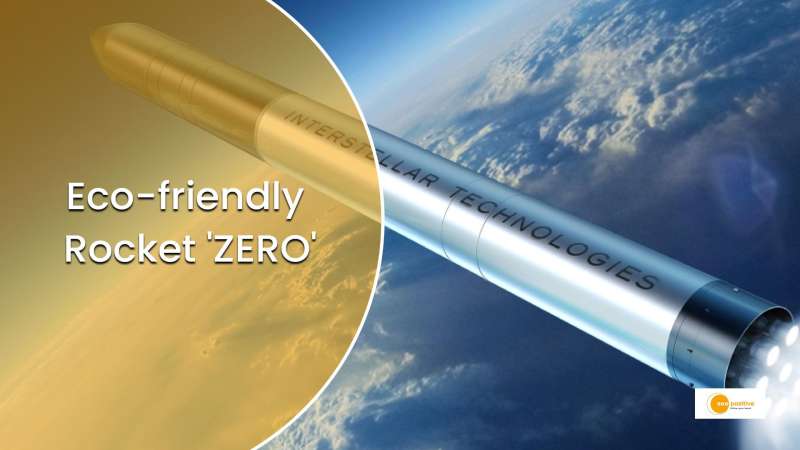

Eco-Friendly Approach to Space Travel:
Interstellar’s ‘Zero’ rocket stands out for its pioneering use of bio-methane as fuel, emphasizing sustainability in space exploration. This innovative choice enables the rocket to achieve its mission objectives without adversely affecting Earth’s atmosphere, making it a game-changer in the field of space travel.
Features and Advantages of ‘Zero’ Rocket:
Positive Environmental Impact:
The utilization of bio-methane as fuel in the ‘Zero’ rocket aligns with the global push for sustainable practices. By reducing carbon emissions during space missions, this groundbreaking innovation offers a significant step towards achieving sustainable space travel, proving instrumental in minimizing the environmental footprint of interstellar exploration.
Global Demand and Launch Plans:
Interstellar’s ‘Zero’ rocket, poised to be the first privately-developed rocket of its kind in Japan, has generated considerable excitement across the globe. The rocket’s lightweight and eco-friendly features position it favorably in the competitive space market, especially in Asia and Oceania. Scheduled for launch from Hokkaido Spaceport, the ‘Zero’ rocket is projected to be operational by 2025, paving the way for a new era of sustainable space exploration.
Conclusion:
The ‘Zero’ rocket encapsulates innovation, sustainability, and progress in the realm of space travel. Its unique eco-friendly design, efficient propulsion system, and commitment to reducing environmental impact mark a significant advancement in the space industry. As we look ahead to the launch of ‘Zero,’ anticipation grows for the positive transformation it will bring to the future of space exploration.


